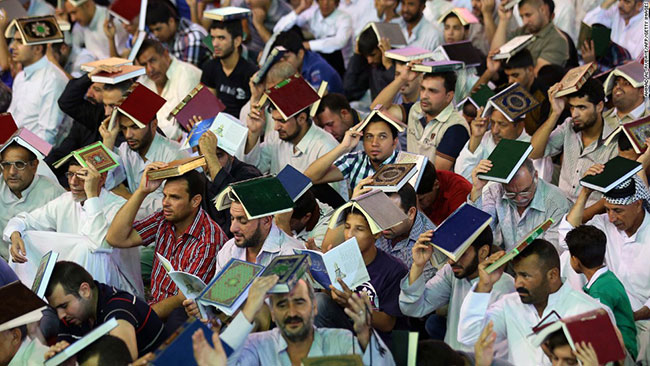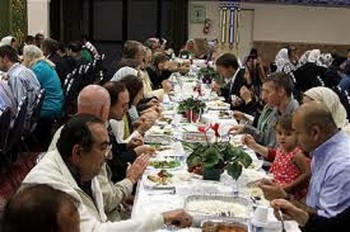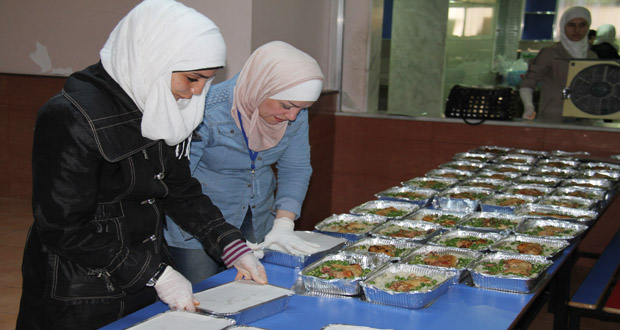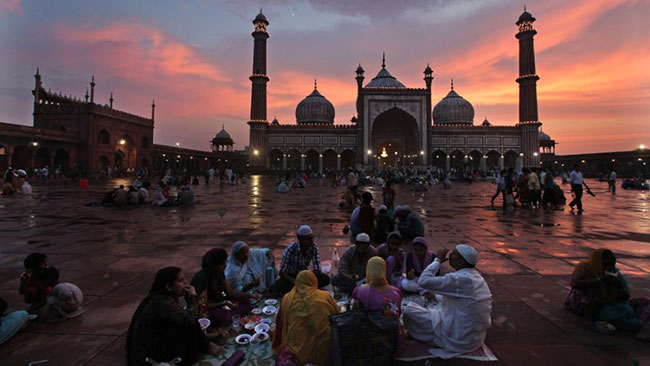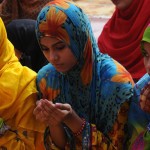Benefits of Ramadan and Fasting/Social Healing
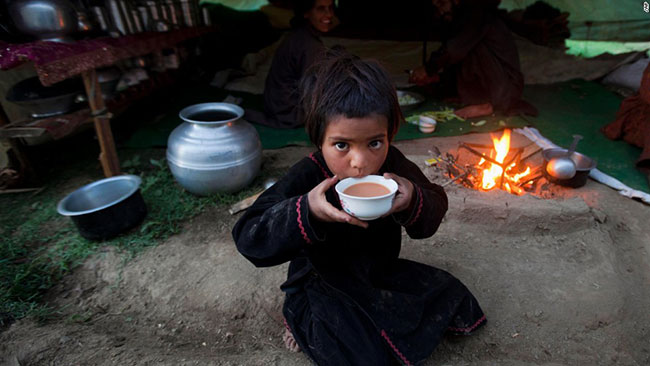 [su_heading size=”19″]Social Healing[/su_heading]
[su_heading size=”19″]Social Healing[/su_heading]
A man wrote a letter to Imam Askari (a.s) asking him: “For what reason did Allah make fasting compulsory?”
The Imam (a.s) wrote in reply: “God has made fasting compulsory so that the rich shall find the pain of hunger so they have a mercy upon the poor.” (Bihar al-Anwar Vol.96, p.339)
Starvation and its related diseases causes one person per second to die on this planet, 75% of them being infants and children under the age of 5.
Typically, stories involving deaths in Africa receive lesser coverage than those, which occur elsewhere. Nonetheless, let us read the following news.
Exodus newsmagazine in its July 22, 2001 issue reported: Starvation in Ethiopia, Help Slowly Arriving, Death Toll Cannot Be Determined by Howard A. Gutman
“A massive tragedy is unfolding in Ethiopia as thousands of starving people are expected to die. Without help, many expect the death toll to be in the millions. Yet little is being done in the U.S.”
According to the same newsmagazine in the last famine, there were approximately one million deaths.
Now compare the above news with the following:
‘More than half of U.S adults (20+) are overweight. Nearly one-quarter of U.S adults are obese.’ And the figures are drastically increasing. This is despite all weight-loss programs in these countries.
According to Wolf & Colditz in ‘Current estimates of the Economic Cost of Obesity in the US 1998’: “Economic cost in the U.S related to the overweight in 1995 was the total of $99.2 billion. And according to the same source Americans spend $33 billion annually on weight-loss products and services. This includes low calorie foods, artificially sweetened products; such as sodas and memberships to commercial weight-loss centres.
And if you want to know whether you are among those over-weight people in a time when starvation causes one person per second to die, here is your scale.
The biggest problem facing the world today is not people dying in the streets of Mumbai, Zimbabwe or Ethiopia; it is rather the lack of a sense of caring for those disadvantaged people whose rights have been usurped by others. Fasting provides the opportunity for the faster to feel and find for himself or herself the pain and agony that a poor person is going through. A fasting person can also keep his or her money, usually spent on lunch, away to feed a group of poor people with. Thus, Zakatul-fitreh is compulsory and is regarded as the compilation of fasting

